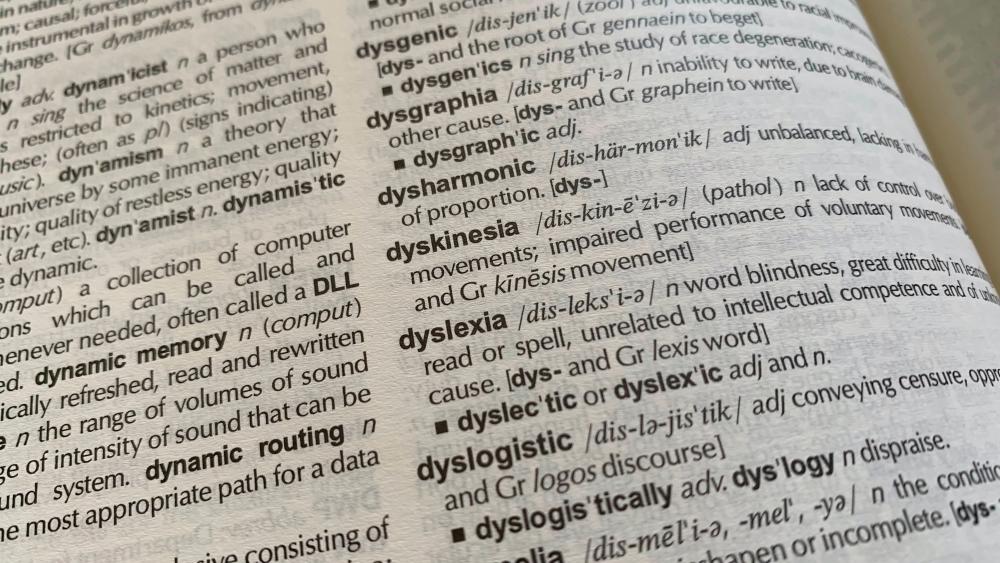KUALA LUMPUR: Children with dyslexia (those with difficulties in reading, writing and spelling or 3M) and have been confirmed by medical experts need to attend intensive dyslexia classes immediately.
Dyslexia Malaysia Association (DMA) president Jamaliah Rahmat this is important so as not to affect the children’s emotional state and self-esteem as they are unable to master the 3Ms like other children in school.
“Basically, you need to understand that it is not a disease but a neurodiversity for which there is no cure, but with the right intervention, we can succeed and reduce its effects for a long time.
“When parents understand this situation, dyslexic children can be will be able to be helped in their development on a par with other children, even the lack of it may give them advantages that other children do not have,“ she told Bernama in conjunction with the DMA-level Malaysia Day celebration which was officiated by former deputy prime minister Tun Musa Hitam here yesterday.
Jamaliah hopes that the stigma of parents who are ashamed because their children are dyslexic needs to be eradicated because they (dyslexic children) are just deficient in terms of learning, but if they are helped at an early stage then their performance will be better and it has also been proven that a person with dyslexia has extraordinary skills and intellect.
Meanwhile, Jamaliah also hopes the Education Ministry will facilitate the process for parents of dyslexic children to apply for study leave (for their children) from regular schools for a specific period (three months to a year) to enable their children to attend intensive dyslexia classes with the association.
“Due to a shortage of special classes for dyslexic children in (regular) schools, there are parents who have applied to send their children to us, but do not get approval from the district education department.
“As the learning module for dyslexic children is not the same as other special education students such as Down’s Syndrome, they need trained and competent teachers,“ she said.
Meanwhile, Musa hopes the education system for dyslexic children should be adapted according to the passage of time and the use of technology to improve the quality of teaching in addition to the need for financial support from the authorities.
“I understand that the education system is still based on the old system, while things related to science and technology such as digitisation and the use of learning based on Artificial Intelligence (AI) should be applied,“ he said.
Musa also hopes that dyslexic children will receive wider attention from the government and the public because it has been proven that they have a faster learning capacity than other children and many have succeeded at a higher level.
“They (dyslexic children) require understanding, patience, and a loving attitude in understanding and education,“ he added. - Bernama









